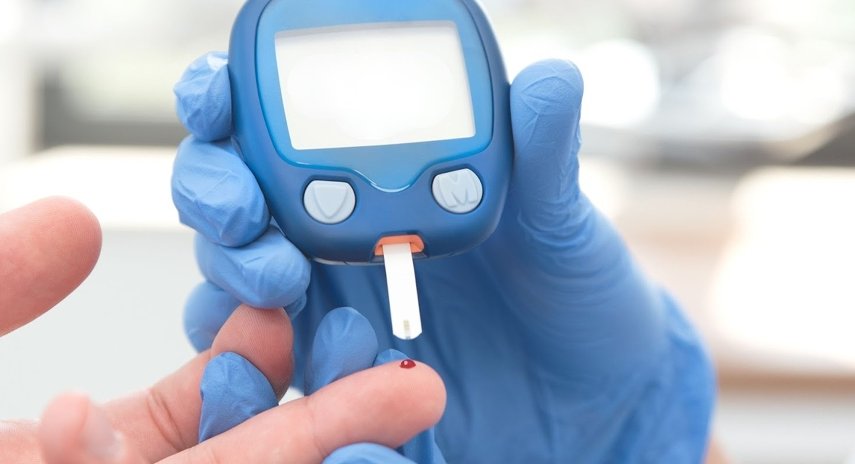Scientists identify hidden blood markers to explain diabetes risks in India
November 05, 2025 | Wednesday | News
Researchers find early warning signs of diabetic kidney disease and pave the way for
personalised treatment
In a new study, researchers led by Prof. Pramod Wangikar from the Indian Institute of Technology Bombay (IIT Bombay) and Dr Rakesh Kumar Sahay and Dr. Manisha Sahay from Osmania Medical College, along with researchers from Clarity Bio Systems India, Pune, used metabolomics—the study of small molecules in the blood—to find biochemical patterns that could help identify patients at risk of kidney complications. Their findings, published in the Journal of Proteome Research in July 2025, may help doctors diagnose problems earlier and create more personalised treatments.
To gain a more comprehensive view of the disease, researchers performed metabolic profiling of hundreds of metabolites at once. Metabolites are tiny molecules present in the body that reflect the ongoing activity in cells. By analysing them, hidden shifts in body chemistry that precede clinical symptoms can be detected. Previous metabolomics studies have highlighted associations between diabetes and molecules such as branched-chain amino acids (BCAAs), acylcarnitines, and certain lipids. But most of that research has been done in European or East Asian populations. Since genetics and lifestyles vary across populations, markers found in one region may not be applicable elsewhere.
For the study, the team collected whole blood samples from 52 volunteers at Osmania General Hospital in Hyderabad between June 2021 and July 2022. The participants included 15 healthy controls, 23 patients with type 2 diabetes, and 14 patients with diabetic kidney disease (DKD). Using two complementary techniques — liquid chromatography-mass spectrometry (LC-MS) and gas chromatography-mass spectrometry (GC-MS) — the team scanned for nearly 300 metabolites. They found 26 metabolites that differed between diabetic patients and healthy controls. Some were expected, such as glucose, cholesterol, and 1,5-anhydroglucitol (a short-term marker of blood sugar). But others, like valerobetaine, ribothymidine, and fructosyl-pyroglutamate, had not been linked to diabetes before. “This suggests that diabetes is a much broader metabolic disorder beyond just glucose dysregulation,” notes Prof. Wangikar.
This study currently has a small sample size. The researchers plan to extend it to obtain data from a larger number of subjects with diabetes and various complications, with the objective of developing simple clinical tests that can not only help in the early diagnosis of diabetes but also identify those at higher risk of complications. This will pave the way for personalised care in the long run.









